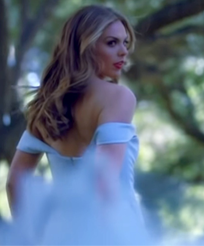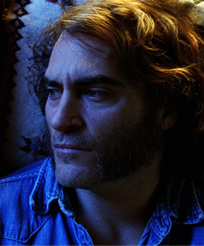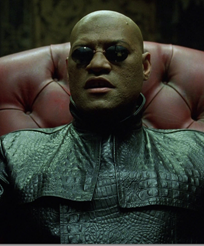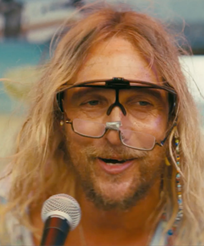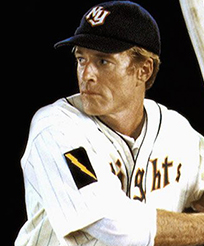Dave Franco has always presented somewhat of a critical conundrum. He’s brimming with unmistakable charisma, unafraid to flash that goofy-adorable smile and wield his natural charm. He’s immensely likable. And yet his performances have mostly fallen flat, in my opinion, hallmarked by an intensity of expression devoid of subtlety. He seems to oscillate between poles of visible exasperation and frenzied excitement; as with his brother, James, it tends to feel like merely speaking words is a laborious task. To watch Dave Franco on screen is often to watch Dave Franco act on screen.
The most damning evidence of this is his portrayal of a craft beer brewer in Joe Swanberg’s Easy, a show whose naturalism only serves to further expose his theatrics—though it’s apparent in studio comedies like Neighbors, too, where it just seems like he’s trying too hard for the joke. The more subdued the better: I found his performance in The Disaster Artist much more appealing, when he could cede the floor to his brother. He was also spot-on as a sort of caricature in 21 Jump Street, and delightful playing the lowly Massetto in Jeff Baena’s 14th-century convent comedy, The Little Hours, if only because Baena deployed him more wisely—as an equivocating sex object who’s forced to play a deaf-mute for most of the movie.
But it’s in 6 Balloons, a short, yet powerful film that premiered at SXSW and goes up on Netflix today, where a director (Marja-Lewis Ryan) has finally made ample use of Franco’s gifts—by having him play a kindhearted heroin addict, going through withdrawals on the way to a detox center.
That may seem like a cruel-hearted statement; I assure you it’s not. Franco is, if not a total revelation in this movie, really, really good. It’s the best performance of his career, by a long shot, and proves his acting chops are capable of equaling his innate likability.
Based on the real-life experience of one of the film’s producers, 6 Balloons follows Katie (Abbi Jacobson, of Broad City) over the course of a single afternoon and evening. She’s planning a surprise birthday party for her boyfriend, Jason, at her home in Los Angeles, which happens to fall on the fourth of July. With the help of her two roommates and parents, she goes about preparations with a healthy dose of control-freakiness, but also earnest excitement.
The pleasant mundaneness with which the movie opens sets the tone for what unfolds soon after, when Katie is roped into picking up her brother, Seth (Franco), and his daughter, Ella, on her way to pick up the birthday cake. Ryan makes it resolutely clear something’s awry, giving us a close-up of Seth grabbing anxiously at his knees, as if he’s refraining himself from crawling out of his own skin. Katie notices, and asks him to roll up his sleeves. When he refuses, a resigned look is all it takes to communicate that he’s relapsed. One gets the sense they've done this before.
The remainder of 6 Balloons becomes something of a road movie, as Katie is obligated to get Seth to a detox center, birthday party be damned. Jacobson, who has more than once played a similar caretaker-like role to Ilana Glazer’s rambunctious counterpart on Broad City, is in complete control playing a person trying desperately to maintain complete control. Before Seth’s withdrawals grow unmanageable, their sibling badinage lends their horrifying expedition a rather routine feel. Movies about heroin addicts have the tendency to become melodramatic, but by balancing the pain with moments of gallows humor, Ryan makes Seth’s plight bracingly real.
Ryan is wise, too, to focus the story around Katie’s need to relinquish control over Seth’s fate, versus what would be a much less original story around Seth’s need to relinquish drugs' control over his life. And though the film can, at times, be severely heavy-handed about communicating this fact, the stellar performances from Jacobson and Franco help keep it grounded. You should be warned: this movie will make you feel stuff.
Mostly because of Franco. How disconcerting to see him so narcotized here, his passions all but extinguished; the actor’s unsubtle emotional intensity, occasionally a hindrance, is—go figure—invaluable when it comes to playing the low, vein-bulging lows of withdrawing from heroin and the ecstatic high-highs of doing heroin. Powerfully, it’s just as heartbreaking to see those bright lights dimmed in the beginning of the movie as it is to see them magically flipped on near the end. You understand how very dark the darkness is by comparison.







